White House: China's 'economic aggression' is threat to US, world
The administration of US President Donald Trump is intensifying its rhetoric against China’s trade practices, accusing Beijing of waging a systematic campaign of “economic aggression” that threatens US and global economic security.
The 35-page report was released by the White House on Tuesday, a day after Trump threatened to slap additional tariffs on goods from China, setting off market turmoil.
The report, titled "How China's Economic Aggression Threatens the Technologies and Intellectual Property of the United States and the World," describes practices through which China "seeks to access the crown jewels of American technology and intellectual property."
China "has experienced rapid economic growth to become the world's second largest economy while modernizing its industrial base and moving up the global value chain. However, much of this growth has been achieved in significant part through aggressive acts, policies, and practices that fall outside of global norms and rules (collectively, 'economic aggression')," the White House report said in its opening.
According to the report, "economic aggression" includes physical and cyber-enabled theft of technologies and intellectual property, evading US export control laws, counterfeiting, piracy and reverse engineering.
The White House document also says there is a risk that Beijing would "seek to manipulate or pressure" any of the more than 300,000 Chinese nationals annually attending US universities or working at important American institutions.
The report says Chinese nationals could become "non-traditional information collectors that serve Beijing's military and strategic ambitions.”
Additional tariffs on Chinese goods
Trump revealed on Monday that he had requested the US Trade Representative to identify $200 billion worth of Chinese goods for additional tariffs at a rate of 10 percent.
On Friday, the US president had already announced 25-percent tariffs on $50 billion of Chinese imports, prompting China to retaliate with matching duties on US goods. Back then, Trump warned of “additional tariffs” should Beijing hit back with tit-for-tat measures.
“I have directed the United States Trade Representative to identify $200 billion worth of Chinese goods for additional tariffs at a rate of 10 percent,” Trump said.
Beijing has responded by saying China will protect its interests and it is prepared to fight back.
China’s Commerce Ministry accused Trump of seeking “blackmail” by threatening to impose new tariffs on Chinese products, warning of retaliatory measures.
Although the tariffs affect less than 10 percent of the $505 billion in Chinese imports, Trump’s trade barriers mark a historic change after three decades of deepening ties between the world’s two largest economies.
The US trade policy and the document meant to justify it reflect the mounting influence of its chief author, White House trade adviser Peter Navarro, who has been shaping and encouraging Trump’s most hawkish trade positions since the 2016 campaign.
Trump has repeatedly blamed unfair trade deals and abusive practices by low-wage countries like China and Mexico for the massive US trade deficit and the loss of high-paying American factory jobs.
Iran summons EU ambassadors over ‘provocative’ IRGC designation
Hamas urges worldwide protests as Israel escalates Gaza genocide
IRGC chief commander condoles passing of Sayyed Hassan Nasrallah’s father
VIDEO | Press TV's news headlines
Iran unveils, inaugurates three homegrown strategic space projects
VIDEO | Venezuelans hold vigil for President Maduro on eve of one month since his kidnapping
AFC Futsal Asian Cup 2026: Iran into semifinals after comeback against Uzbekistan
#IR47: From 1978 ‘Black Friday’ to 2026 riots: How history keeps repeating itself in Iran




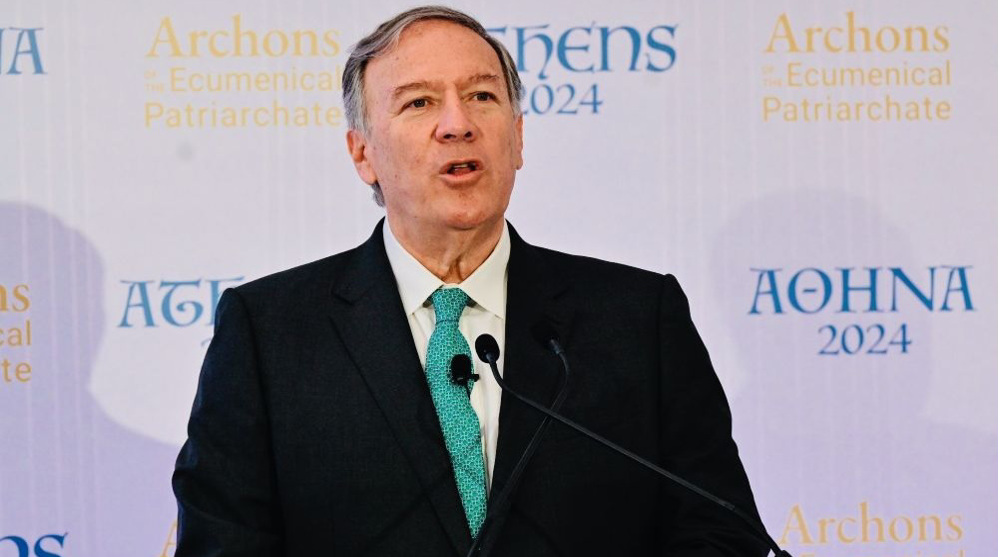
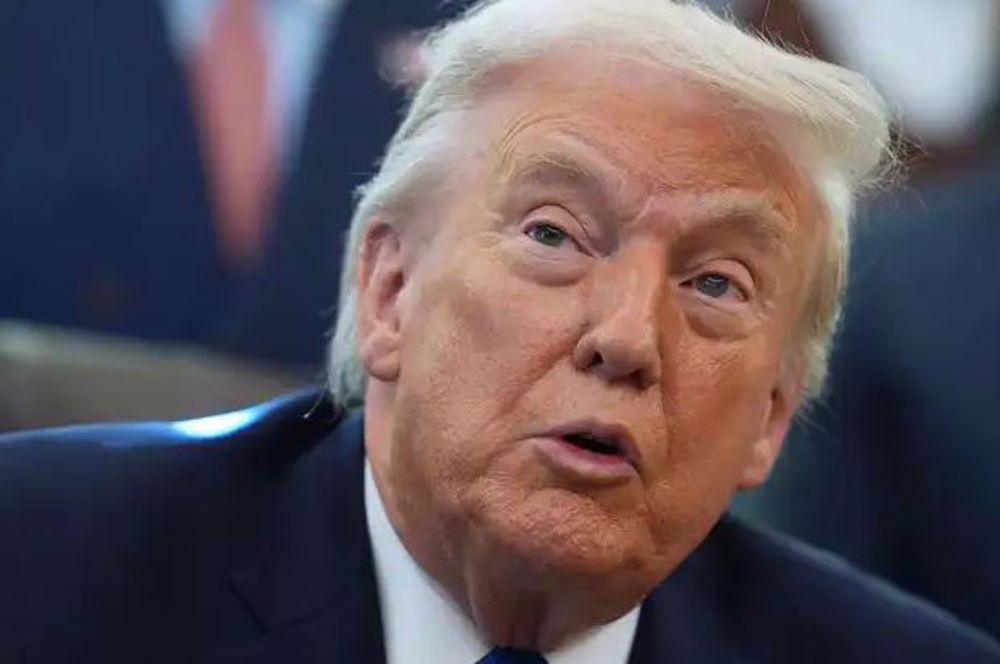
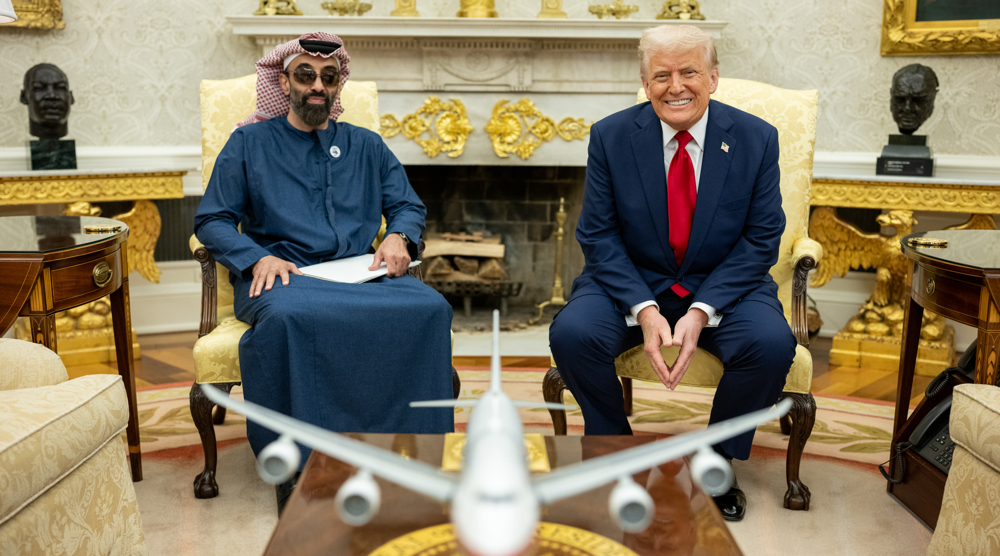



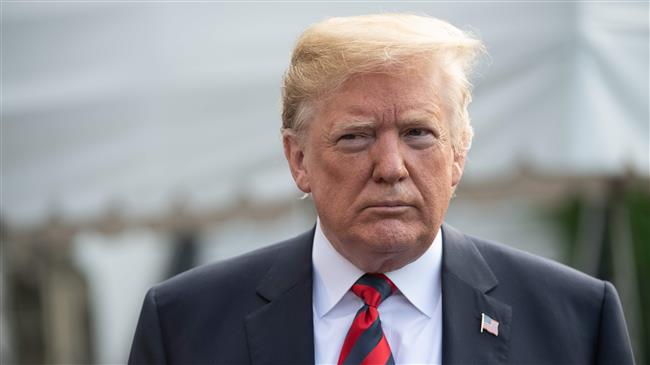
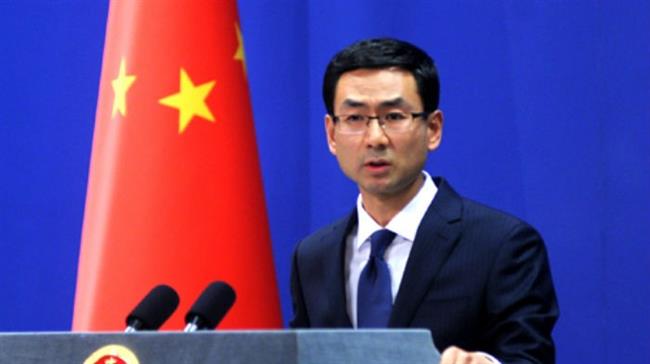
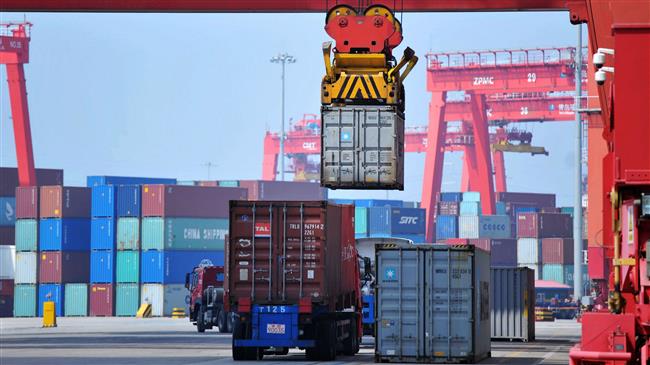
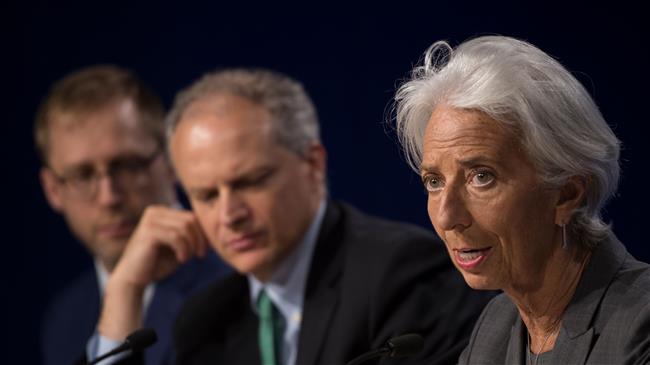

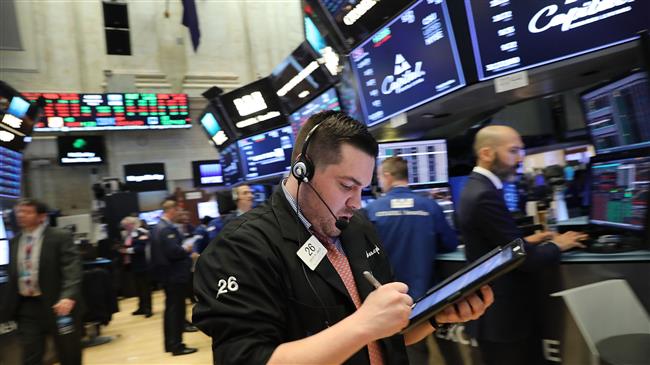
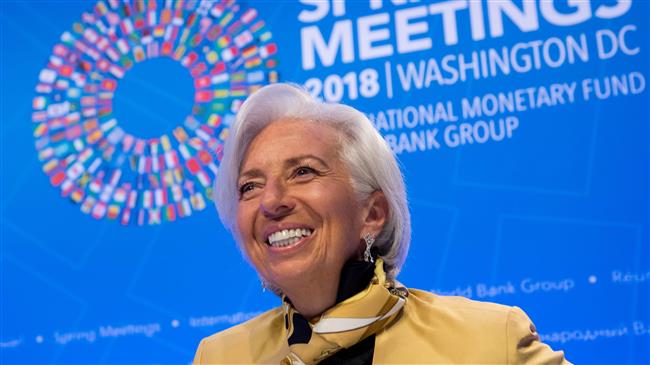

 This makes it easy to access the Press TV website
This makes it easy to access the Press TV website